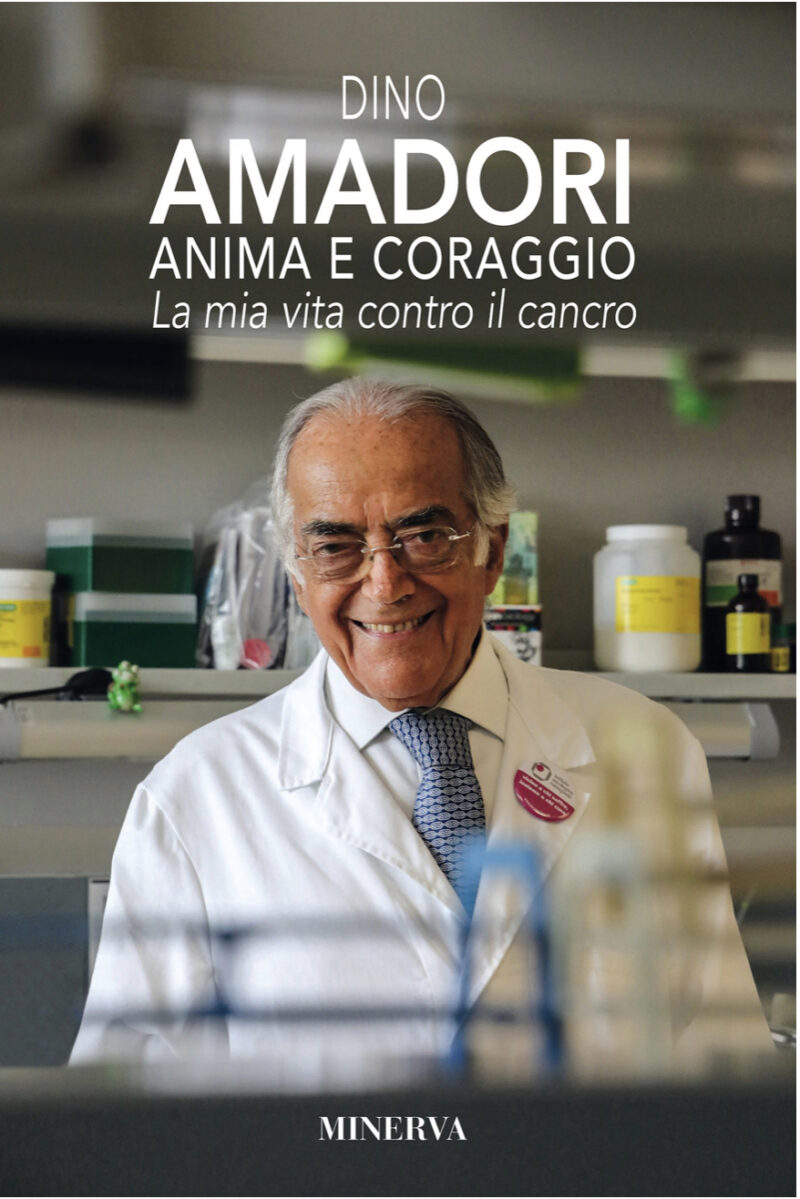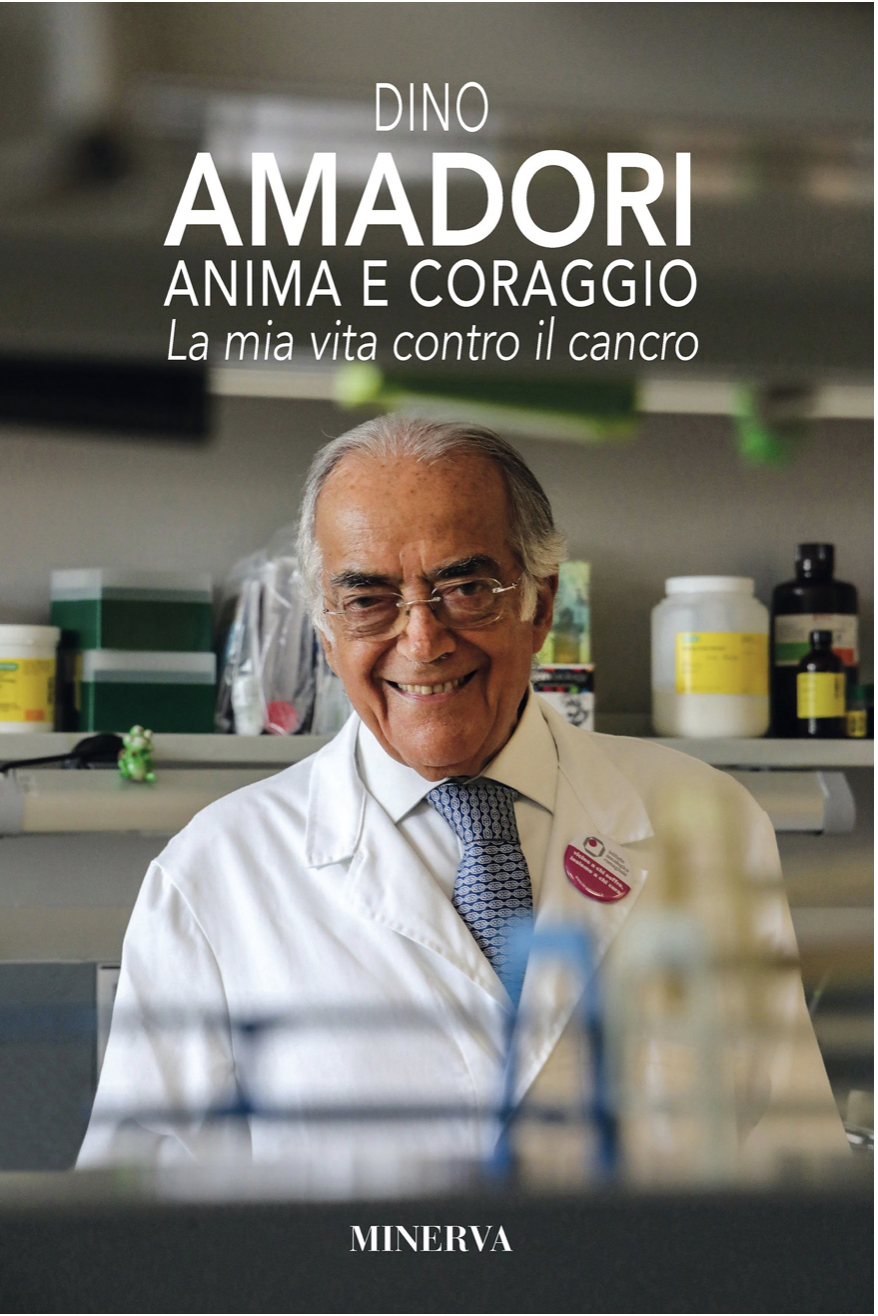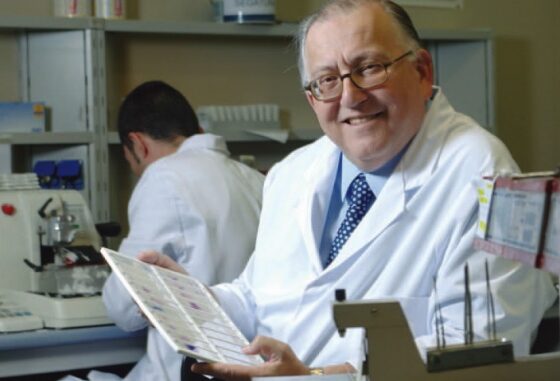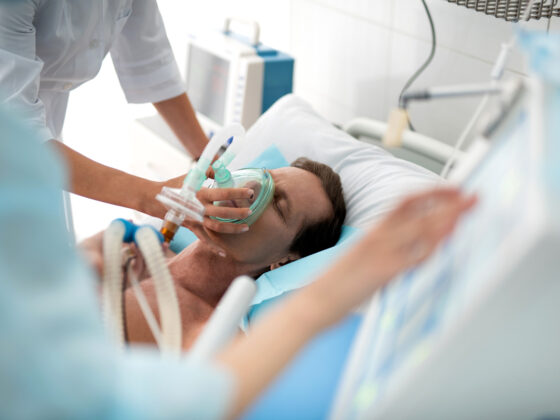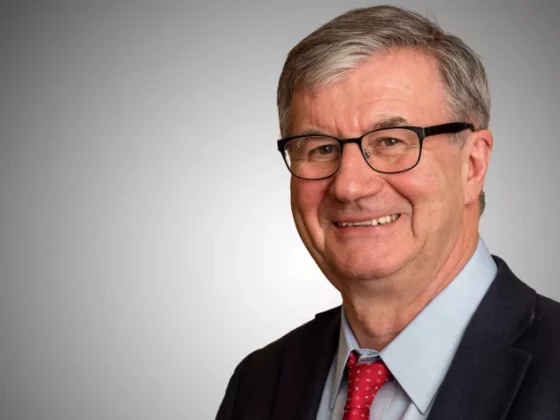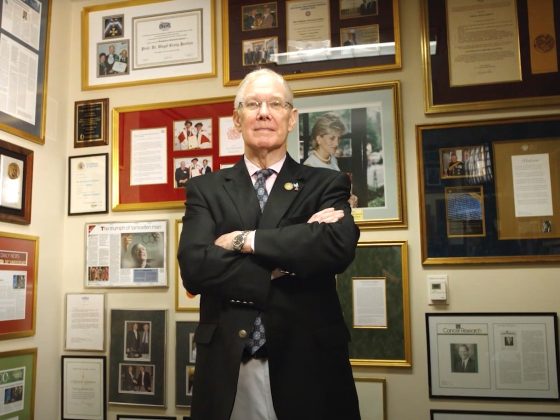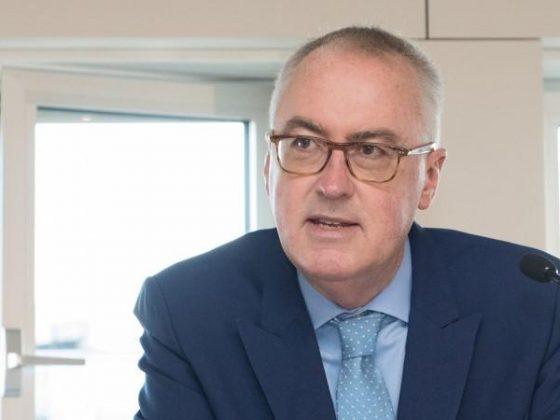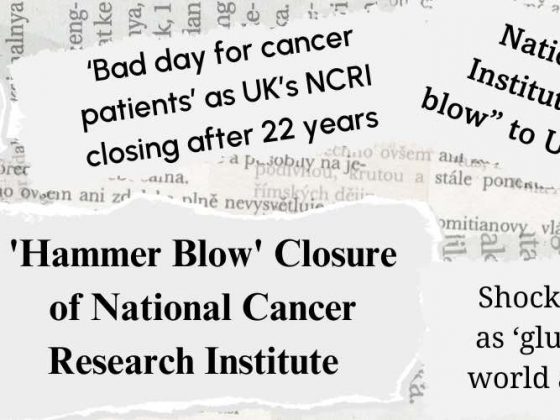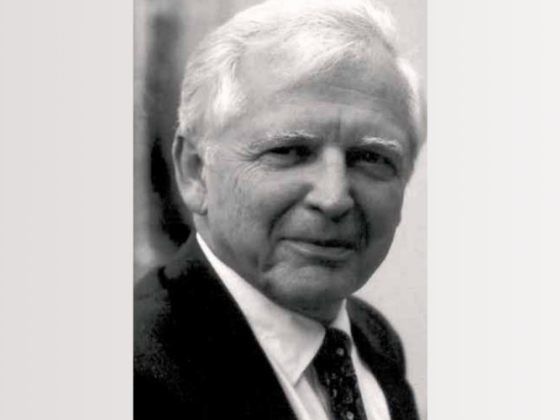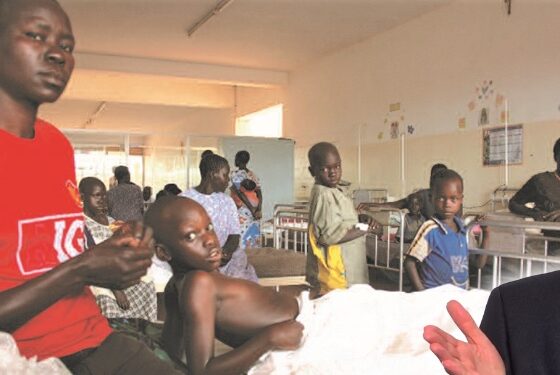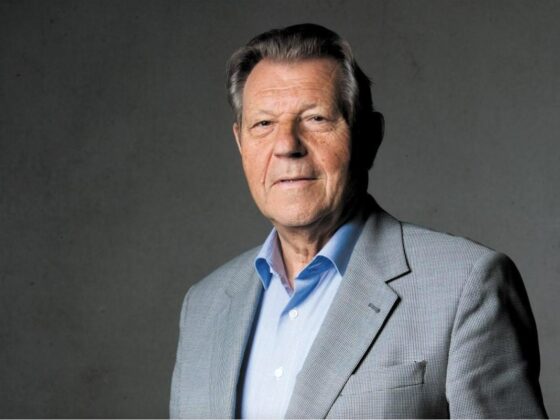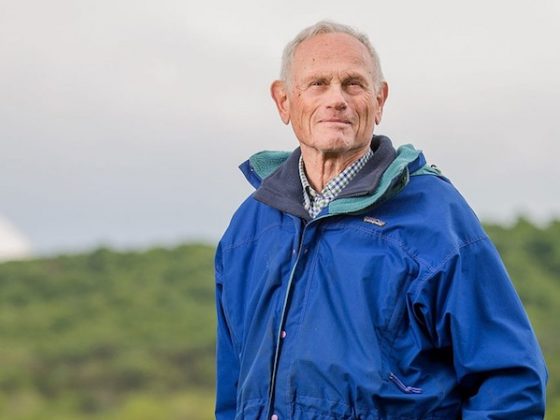Soul and courage: these are the two words italian oncologist Dino Amadori chose in the autobiography he published less than two years ago to describe what guided him alla along his “life against cancer”. Dino Amadori, among the fathers of Italian oncology, passed away at the end of February, at the age of 83.
He was Emeritus scientific director of the Istituto romagnolo per lo studio e la cura dei tumori (Irst-Irccs) in Meldola (Forlì-Cesena) and president of Istituto Oncologico Romagnolo (Ior), in the region where he was born in 1937, and where he had chosen at a very young age that he would be a doctor: “My decision to become an oncologist came when I was very young” he wrote in 2018 in the book “Anima e coraggio. La mia vita contro il cancro” (Soul and courage. My life against cancer). “I was born in a small village with a population of 500 in the Tosco-emilian Appennines, called Corniolo di Santa Sofia. At the time, when someone in the village got a cancer (I still did not know what it was) the whole village would stop talking. They would enter a sort of mourning, which anticipated real death. At the time cancer was almost always incurable. One day my mother asked me what I wanted to be when I grew up, and I replied: ‘The one who treats this stuff’”.
In his long and succesfull career Dino Amadori was not only an excellent clinician, but one with a vision: when he saw that the newly launched National Health Service was not investing enough in research, he launched a non-profit initiative that would help the regional network of cancer centers to excel both on medical services and scientific research.
In 1998 he was president of the Italian Association of Medical Oncology (AIOM) when the unproven “Di Bella therapy” hit the headlines. And when the clinical trials demonstrated the lack of efficacy of Di Bella’s approach he promoted both prevention and palliative care through the creation of a network of hospices that he had started to promote since 1994, as vice-president of the Italian Society for palliative care, SICP.
He is survived by a wife and three grown sons.

